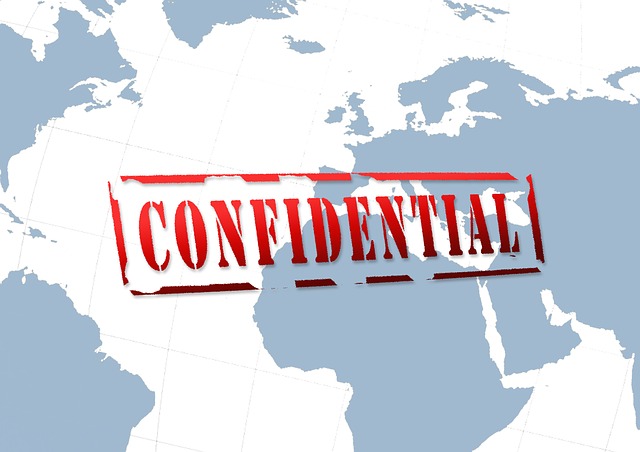Confidentiality vs Privacy
Understanding the difference between confidentiality and privacy can be difficult, as these two terms are often discussed and confused. Both terms are frequently used in medical and legal professions, as well as other areas of life. The key distinction is that privacy protects access to the person, while confidentiality protects access to data.
What does Privacy mean?
Privacy refers to the state of being free from public attention. It is the choice to keep one’s matters to oneself. For example, when you are in a hotel room with your partner and are concerned about people having access to your activities, you may desire more privacy. Similarly, when you visit a doctor for a condition that makes you feel embarrassed, you may want privacy to discuss your symptoms without others overhearing. In essence, privacy is the right of individuals to keep information about themselves from being disclosed. In the medical and legal professions, clients decide who, when, and where to share their private information and to what extent.
What does Confidentiality mean?
Confidentiality refers to the intention of keeping information, documents, or objects secret and safe from unauthorized individuals. Examples of confidentiality include sensitive government documents, client information held by doctors or lawyers, and treaties and agreements between companies and governments. Confidentiality is about protecting private information that has been disclosed so that others do not have access to it.
Patients and clients disclose private information to their doctors or lawyers with the expectation that their privacy will be protected. With technology playing an increasingly significant role in our lives, maintaining privacy and confidentiality of personal information has become a critical concern.
For example, a client accused of a crime may share private information with their lawyer, expecting confidentiality. Letters and documents marked “Private and Confidential” indicate that access to the information is restricted, and the contents should not be disclosed to unauthorized individuals.
Key Takeaways
- Privacy protects access to the person, while confidentiality protects access to data.
- Privacy is the choice to keep one’s matters to oneself, whereas confidentiality involves keeping information, documents, or objects secure from unauthorized access.
- In medical and legal professions, clients decide who, when, where, and how much private information to share, and they expect their privacy to be protected through confidentiality.
